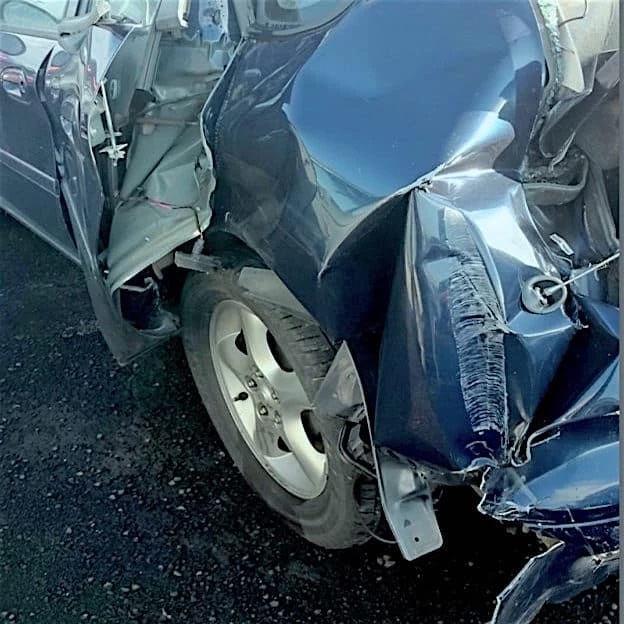Top 4 Causes of Car Accidents
Continue reading Top 4 Causes of Car Accidents ...

Navigating Danger: A Closer Look at San Jose’s Most Hazardous Roads
Continue reading Navigating Danger: A Closer Look at San Jose’s M ...

The Dangers of Truck Blind Spots: How Proper Training Can Make a Difference
Continue reading The Dangers of Truck Blind Spots: How Proper Train ...
What is a Wrongful Death Claim and How to File it?
Continue reading What is a Wrongful Death Claim and How to File it? ...
Car Damage in a Non-Fault State
Continue reading Car Damage in a Non-Fault State ...

Is Brake Checking Illegal?
Continue reading Is Brake Checking Illegal? ...

What Kind of Lawyer Do I Need
Continue reading What Kind of Lawyer Do I Need ...

When to Hire a Personal Injury Lawyer
Continue reading When to Hire a Personal Injury Lawyer ...
Know How to Fire an Attorney
Continue reading Know How to Fire an Attorney ...

When to Get an Attorney for a Car Accident
Continue reading When to Get an Attorney for a Car Accident ...
